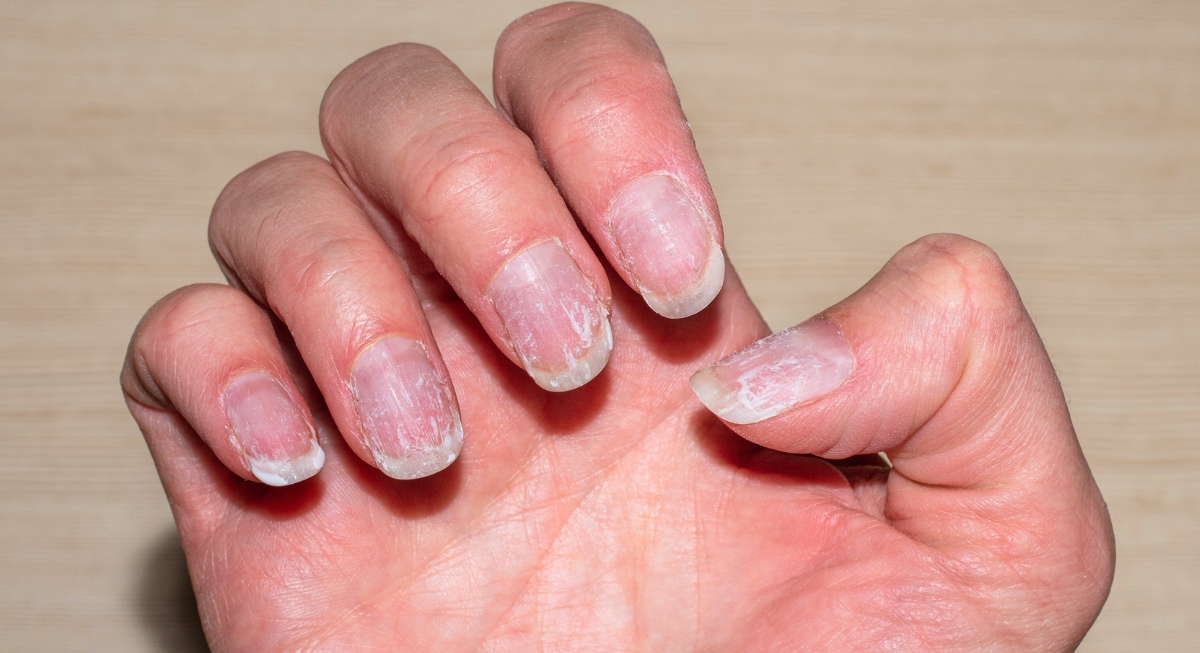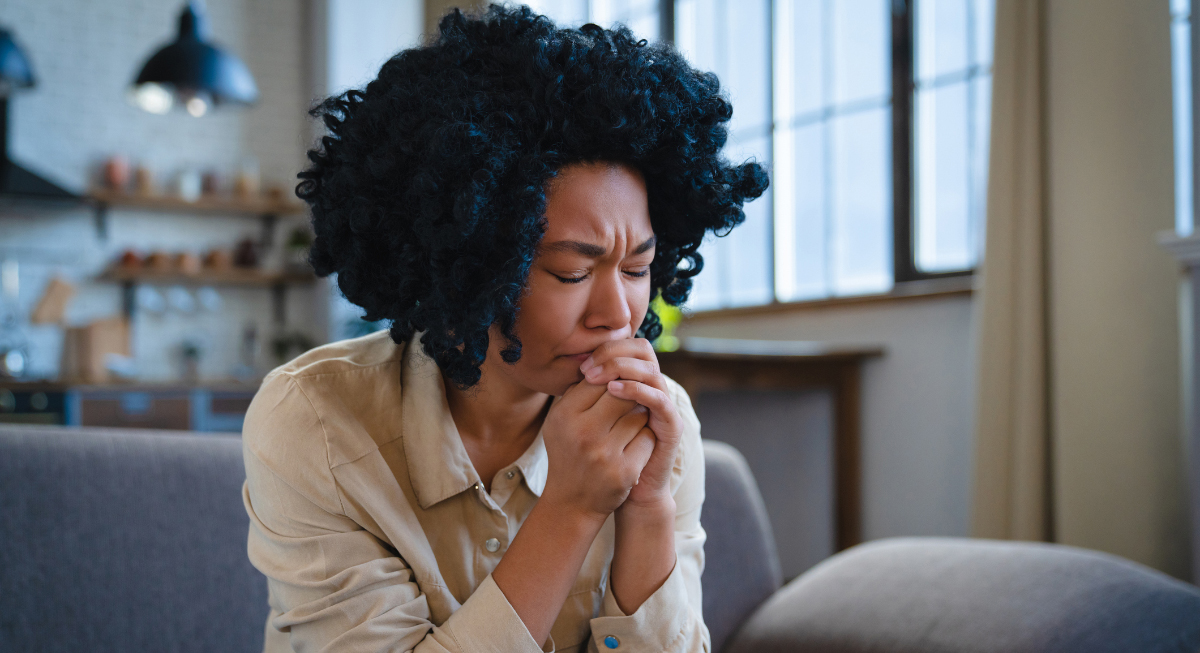Sleep is a cornerstone of health, yet many of us get it wrong without realizing it. Dive into the world of slumber as we debunk 15 common myths about healthy sleep habits, uncovering the truths that could transform your nights and energize your days.
Aging and Sleep Needs
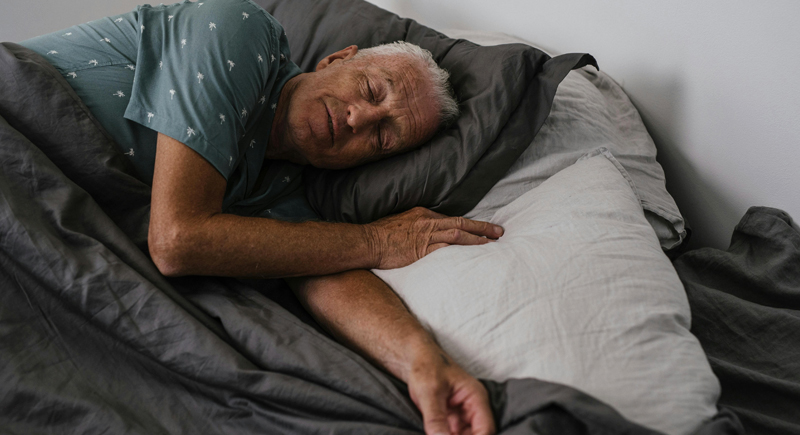
Credit: pexels
Contrary to popular belief, aging doesn't reduce our need for sleep—seniors may find it more challenging to stay in deep sleep, leading to more frequent awakenings. Incorporating naps can be a helpful strategy to ensure older adults get the restful sleep their bodies still require.
Daytime Sleepiness Misconceptions

Credit: pexels
Daytime sleepiness doesn't necessarily mean you're skimping on sleep at night. It can be a symptom of conditions such as sleep apnea, narcolepsy, or other medical issues, indicating it's essential to consider medical causes.
Sleep's Brain Activity Boost
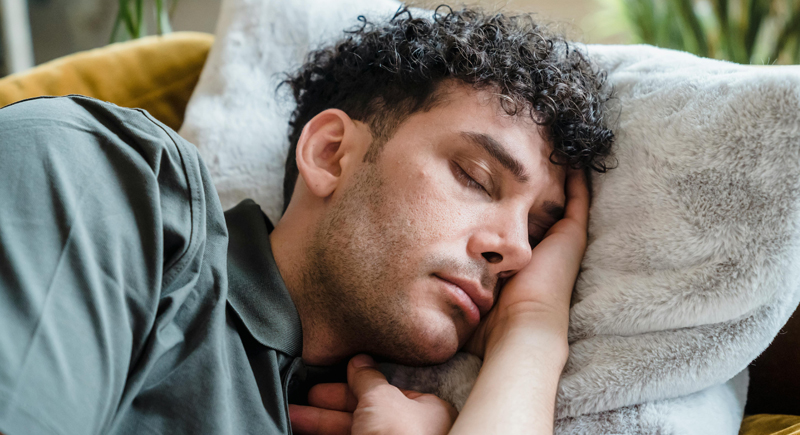
Credit: pexels
Contrary to the belief that sleep is a time of brain inactivity, certain brain pathways become more active, aiding learning and memory. Additionally, hormone production, like melatonin, ramps up, underscoring sleep's critical roles beyond mere rest.
Snoring: Common but Concerning

Credit: pexels
While snoring is common, it's not always a benign sign. It can disrupt sleep and may indicate sleep apnea, requiring medical attention. Investigating snoring is important to ensure it's not a symptom of a deeper health issue.
Monitoring Kids' Sleep

Credit: pexels
Children respond differently to sleep deprivation than adults, often appearing hyperactive rather than sleepy after a night of poor rest. This heightened activity and decreased attention span can sometimes lead to a misdiagnosis of ADHD.
The One-Hour Sleep Myth
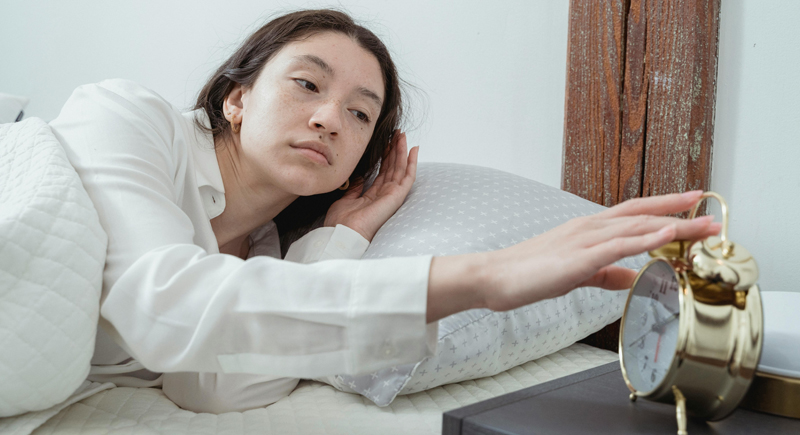
Credit: pexels
Shaving just an hour off your nightly sleep routine can subtly impair cognitive functions and reaction times, even if you don't feel tired during the day. This minor change can lead to less apparent but significant issues, challenging the notion that a little less sleep is harmless.
Napping: A Double-Edged Sword

Credit: pexels
Napping can rejuvenate your mind and body when done correctly. However, timing and duration are key; too long or late naps can indeed interfere with nighttime sleep, and striking a balance is essential for harnessing the benefits without the drawbacks.
Insomnia's Complex Causes

Credit: freepik
While worry can trigger short-term insomnia, long-term sleeplessness often stems from deeper issues. Chronic pain, medication side effects, and mental health struggles like depression or anxiety are frequent culprits, painting a more complex picture of insomnia's roots.
Sleep Schedule Myths

Credit: pexels
Adjusting to a new sleep schedule is trickier than it seems, as our biological clock uses multiple mechanisms to signal sleepiness at night. Shifting to night shifts or dealing with jet lag challenges these rhythms, highlighting the complexity of our sleep patterns.
Sleeping In on Weekends

Credit: pexels
Banking on weekend sleep to erase a week's worth of sleep debt helps only to a limited extent. It can't fully reverse the effects of insufficient sleep, nor can it sustain optimal functioning throughout the week, emphasizing the importance of a consistent sleep schedule.
The Eight-Hour Sleep Myth
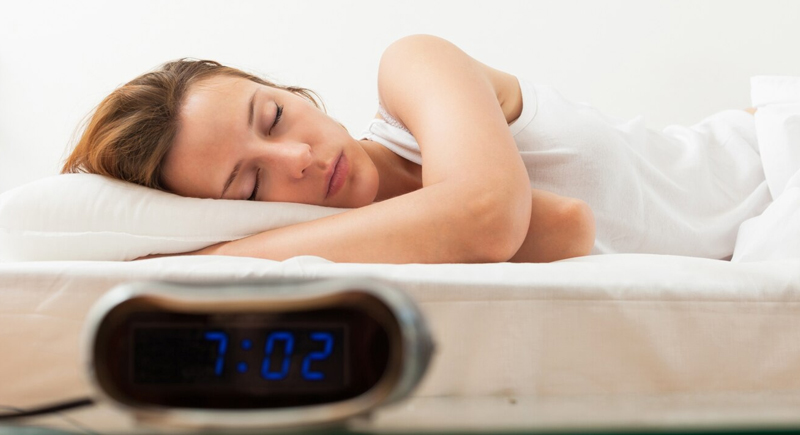
Credit: freepik
The oft-cited eight hours of sleep is a guideline, not a one-size-fits-all solution. Individual sleep needs vary, making consistency in your sleep routine more critical than meeting a universal benchmark. Listen to your body to determine the right amount of rest for you.
Nighttime Waking Realities

Credit: freepik
Waking up during the night isn't inherently bad for sleep health; it depends on the individual. As long as daytime restfulness isn't compromised, occasional nighttime waking isn't a cause for concern.
Sleeping Pill Misconceptions

Credit: pexels
While tempting for ongoing insomnia, sleeping pills are intended for short-term relief, not long-term solutions. Prolonged use carries risks and side effects, making them unsuitable for extended periods.
Counting Sheep

Credit: freepik
Contrary to popular belief, counting sheep can be more distracting than relaxing, hindering your return to sleep. Instead, opt for progressive muscle relaxation or visualization of calming scenes to ease your mind and drift back into slumber.
Sleep and Health Connections

Credit: pexels
Contrary to past beliefs, health issues like hypertension and depression are closely linked to sleep problems. Interruptions in sleep can disrupt vital processes like blood pressure regulation, highlighting the significant impact of sleep on overall health.


